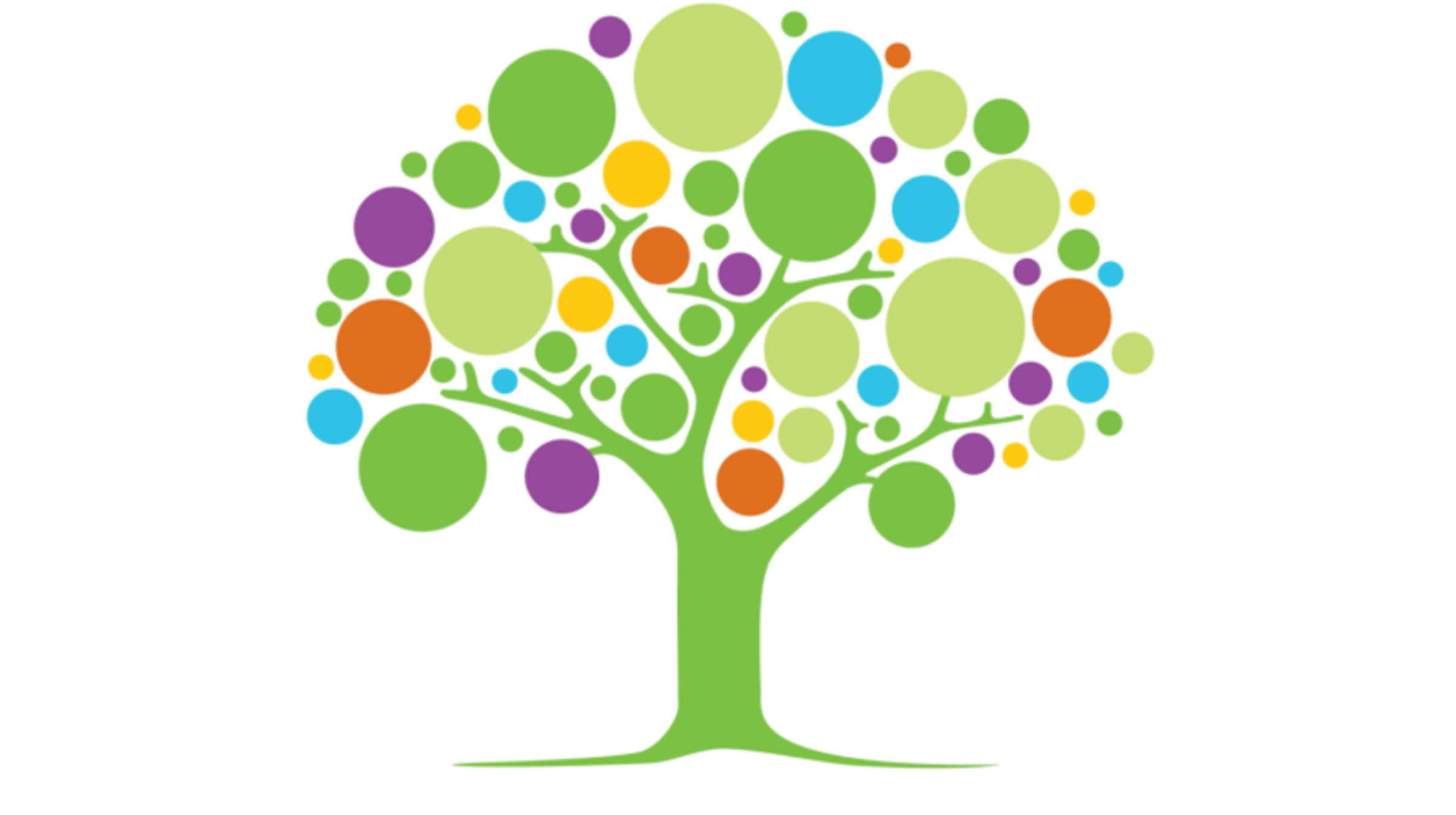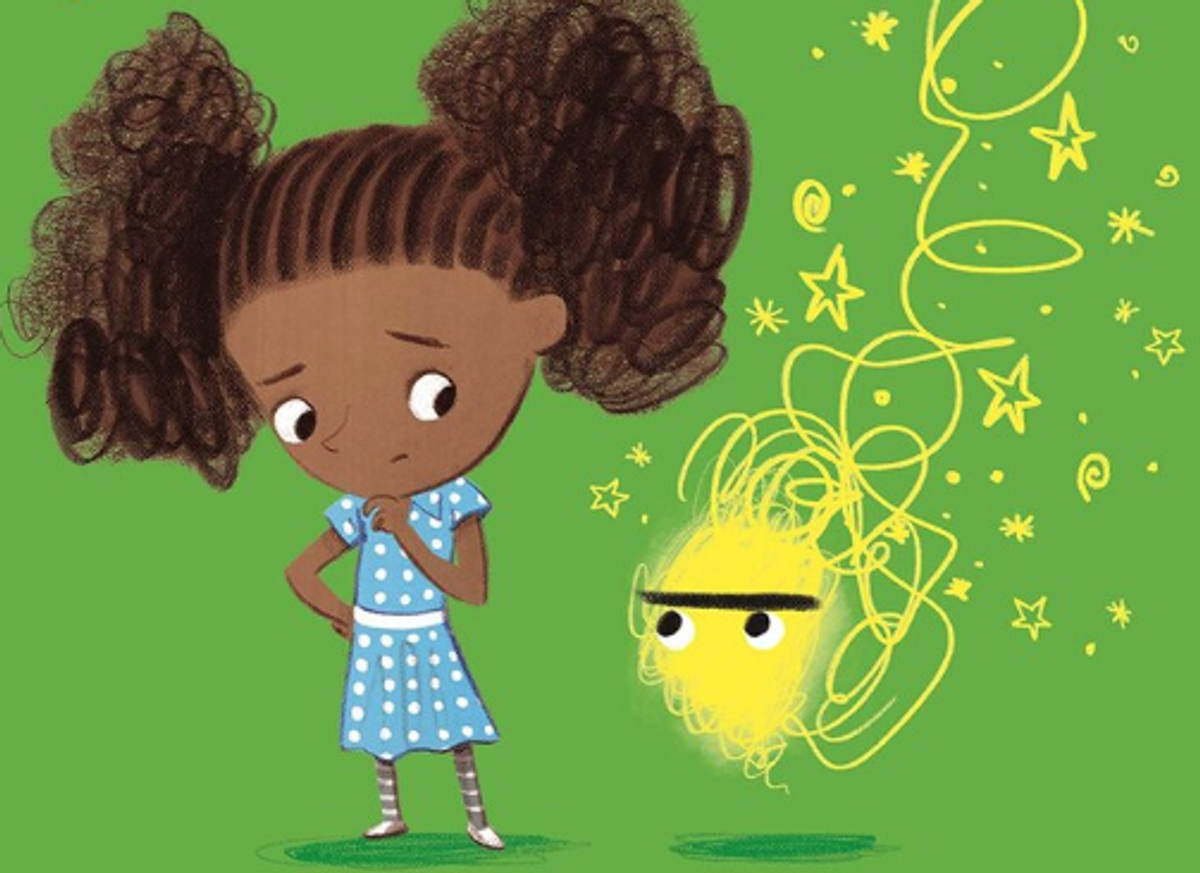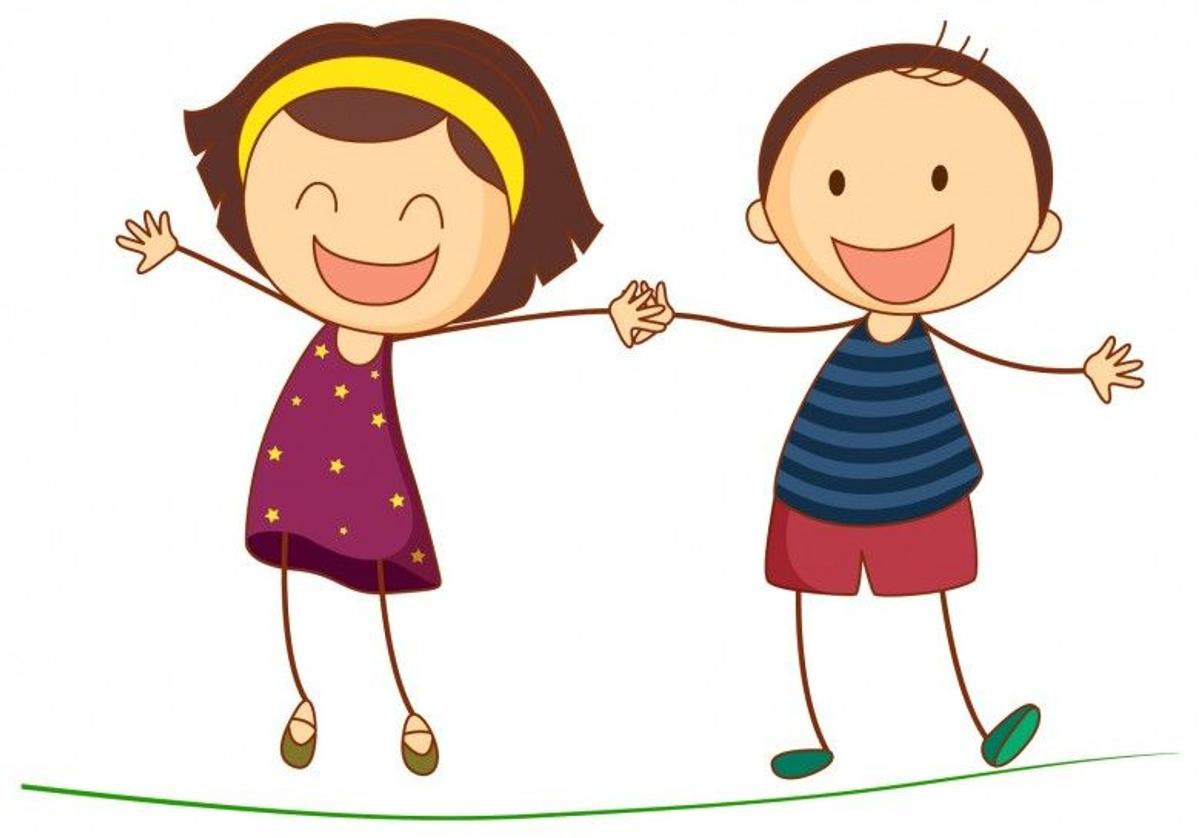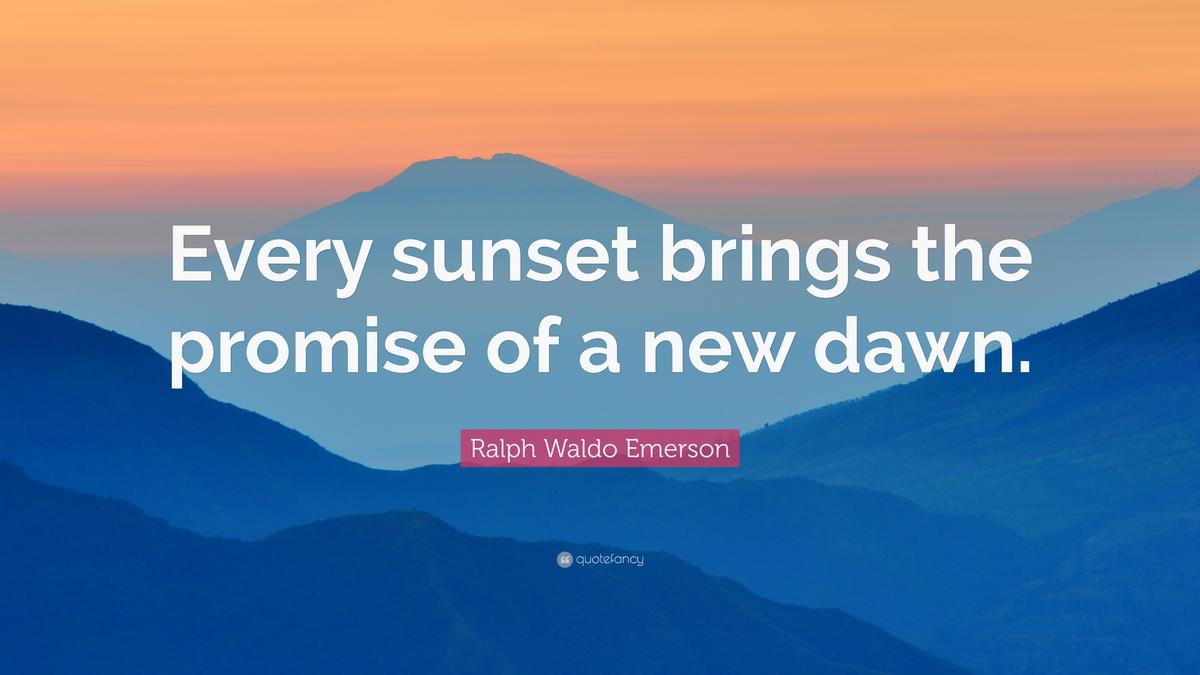Wellbeing
Transitioning through the stages of change
Many people may be uncomfortable with change, for all sorts of understandable reasons. Therefore, during times of change, it is important to understand how we, and those around us, are feeling. As we learn to accept change, we can better adapt to different circumstances and situations.
The difference between transition and change is subtle but important. Change is something that happens, even if we don't agree with it, such as we have been experiencing with the recent lock down measures. Transition, on the other hand, is internal: it's what happens in our mind as we go through change. Change can happen very quickly, while transition usually occurs more slowly.
According to William Bridges’ model in his book titled, ‘Managing Transitions’, there are three stages of transition that people go through when they experience change. These are:
- Endings
- Neutral Zone
- New Beginning
Bridges says that we will go through each stage at our own pace. For example, those who are comfortable with the change will likely move ahead to stage three quickly, while others will linger at stages one or two.
Let's examine each stage in greater detail.
Stage 1: Endings - loss and letting go
This stage is often marked with resistance and emotional upheaval, because we are being forced to let go of something that we are comfortable with.
At this stage, a number of emotions may be experienced:
- Fear
- Denial
- Anger
- Sadness
- Disorientation
- Frustration
- Uncertainty
- A sense of loss.
Before we can accept a new situation, we have to accept that a previous situation is ending. If we do not feel listened to and have our feelings acknowledged, we are likely to be more resistant to the process of change. It is a time when we need someone safe and accepting to share with. Looking at an uncertain future can be scary. We may need support to help us to see where we fit into a different scenario.
Stage 2: Neutral Zone – the bridge between the old and the new
This can be a confusing, frustrating and uncertain stage. There may need to be adjustments to new systems and new ways of working.
Here, people might experience:
- Resentment towards the change initiative
- Low morale and low productivity
- Anxiety about their role, status or identity
- Scepticism about the need for change.
Despite the above, this stage can also be one of great creativity, innovation, and renewal. It is an opportunity to try new ways of thinking or working.
Remaining connected in with others and sharing how it is impacting continues to be very important. Formulating shorter terms goals and even taking it one day at a time is helpful.
Stage 3: New Beginning – acceptance and renewal
At this stage, people are likely to experience:
- Higher energy
- Openness to learning
- Renewed commitment.
It is a time when we need some encouragement as we develop new skills and adapt to change. We begin to feel a sense of hope and begin to make longer term plans. It is important to celebrate the transition that we have made, to acknowledge what it has taken to get to this stage.
However, each individual’s journey will differ and we will go at a different pace to other people. It will be important be remain patient with ourselves and others. We may slip back to earlier stages if we think that what we’re doing isn’t proving effective.
As we move forward into a future that still contains uncertainty and as we reach the point of acceptance that life as we once knew it has probably changed forever, we need to remember to be kind to ourselves and gentle with others. For most of this year we have lived through exceptional circumstances and have been on a roller coaster ride. No doubt, there will be some wide-ranging, long-term consequences due to what we have gone through. However, there will also be many new and innovative ways of being and doing life as well.
In the words of Ralph Waldo Emerson – ‘Every sunset brings the promise of a new dawn.’
What will your new dawn look like?
Anne Lawry
Chaplain







